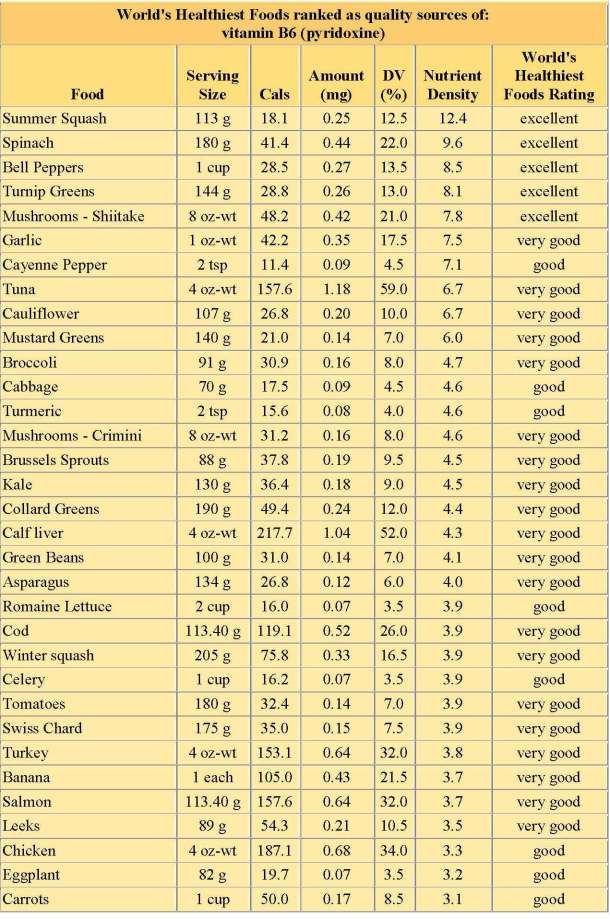I’m starting to wonder if what we eat at Christmas time is natures way of helping us get through the winter months and festive period without thoughts of dread and dispair as the foods present at Christmas time are selections of the foods best available to help us treat depression and insomnia…and lets be very honest each, everyone of us when it’s dark at 4pm and too cold to think clearly are all prone to our fair share of miserable days..and top that with the inability to get to sleep at night (for those of you that are anything like my husband) surely just makes these intense moths that much harder to endure.
There are many factors to consider, namely the most responsible being each individuals pschological and environmental circumstances for depression though for anyone suffering, regardless to cause may find this post useful. Here we look into Tryptophan, an essential amino acid that the body obtains through food and that is well known to support and aid depression and insomnia.
WHAT IS TRYPTOPHAN?
Tryptophan is an essential amino acid our bodies can’t produce. This one fact makes the need for supplementation seem like a reasonable option, but since the tryptophan scare of in the late 1980s, most experts agree that the best way to provide your body’s need of tryptophan is through diet rather than a supplement. This is due to the negative effects experienced by some individuals when taking tryptophan supplements. For many, side effects proved to be extreme and in some cases fatal.
With this history, you may wonder why tryptophan is available at all. The fact is that some states have banned its sale. However, tryptophan provides a vital element necessary for neurotransmitters like serotonin and melatonin. Without them, our brains don’t function properly. Lack of tryptophan can result in serotonin deficiencies which result in depression or insomnia. If you suffer from these conditions you should talk to your doctor about whether or not tryptophan supplements may help.
Your doctor may suggest changing your diet to get the tryptophan you need. Eating food rich in tryptophan can alleviate both depression and insomnia. One other positive effect worth mentioning is that tryptophan helps our bodies create vitamin B3 which our bodies use to reduce cholesterol and triglycerides in the blood.
An L Tryptophan Overview
L tryptophan is an essential amino acid whose primary functions concern the production of serotonin and melatonin — neurotransmitters necessary for regular sleep.
While melatonin helps regulate the body’s circadian cycle, serotonin communicates to the brain the need for sleep. Serotonin levels in the body can impact rest patterns, appetite, and mood. For these reasons, both melatonin and serotonin are often prescribed for their therapeutic effects.
Getting Enough L Tryptophan
First isolated in 1901 by Frederick Gowland Hopkins, L tryptophan and its benefits continue to be studied. It is one of the 20 standard amino acids that make up protein. It is also one of the 10 essential amino acids the body cannot synthesize on its own. As a result, L tryptophan must be part of one’s diet.Research has discovered a variety of foods containing L tryptophan that can be easily incorporated into a dietary schedule. Fruits, vegetables, legumes, and nuts are all good, natural sources of the amino acid. Just one serving of cooked soybeans for example, could provide an adult woman with enough L tryptophan for an entire day.
As an essential amino acid, it’s important the body not become deficient of L tryptophan. Not only does a deficiency impact sleep, but it can also lead to:
- Weight gain
- Weight loss
- Depression
- Anxiety
- Irritability
- Loss of concentration
What’s more, L tryptophan also helps prevent niacin deficiency. If a person doesn’t get enough niacin on his/her own, the liver can synthesize tryptophan into the B-vitamin. Only a small percentage is needed for the conversion; however, it reinforces the fact that a minimum L tryptophan intake is needed, in order to regulate various physiological functions.
Foods Containing L Tryptophan
Fruits
- Apricots
- Bananas
Vegetables
- Asparagus
- Cabbage
- Crimini mushrooms
- Hummus
- Kelp
- Potatoes (baked with skin)
- Romaine lettuce
- Tomatoes
Legumes
- Lentils
- Lima beans
- Peanut butter
- Peanuts
- Pinto beans
- Soybeans (cooked)
- Soymilk
- Tamari (a soy sauce)
- Tofu (raw)
Nuts and Seeds
- Almonds
- Cashews
- Hazelnuts
- Pumpkin seeds
- Sesame seeds
- Sunflower seeds
- Walnuts
Grain
- Brown rice
- Rice
Dairy and Eggs
- Cheddar cheese
- Cottage cheese
- Eggs
- Gruyere cheese
- Milk (heated)
- Swiss cheese
- Yogurt
Meat, Poultry and Fish
- Chicken
- Shellfish
- Turkey
It is advised that anyone looking to make dietary adjustments to follow this food plan see that they complete at least 4-6 weeks including a variety of the above food groups daily to get a good show of results. Below is an example meal plan that is suitable for someone actively attempting to fight depression and insomnia. Please speak to your GP or physician about this and do not alter any medication you may be on for this diet.
Vitamin B6 is necessary for the conversion of L tryptophan into niacin and serotonin. Thus, a deficiency in B6 can also lead to problems with insomnia, appetite, and mood. The lesson here is that the body requires a well-rounded diet, one that provides it with the necessary vitamins, nutrients, proteins, and enzymes to properly function.
NB: It is advised that anyone wishing to undergo this diet for reasons pertaining to depression or insomnia altogether cut out all forms of caffeine and alcohol from their diet as they are contra-indications of any desired result of this plan.
CLICK TO ENLARGE AND DOWNLOAD:
Foods rich in Vitamin B6:





I’m not easily impressed. . . but that’s impressnig me! 🙂
i loved your site, thanks!
Reblogged this on foodforlifewithlove.